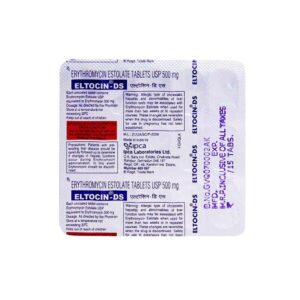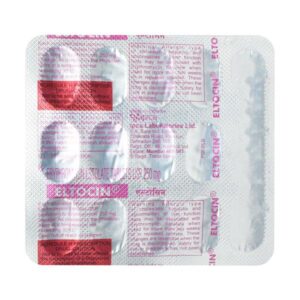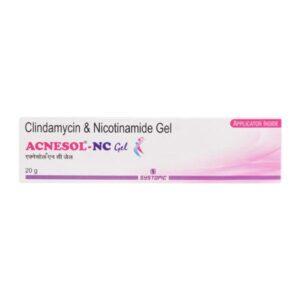ERYTHROMYCIN
ERYTHROMYCIN: Erythromycin is a type of antibiotic drug commonly used to treat a wide range of bacterial infections. It belongs to the macrolide class of antibiotics and is available in different forms such as oral tablets, capsules, suspensions, and ointments.
The primary mechanism of action of erythromycin is to inhibit bacterial protein synthesis. It does this by binding to the 50S subunit of the bacterial ribosome, which prevents the formation of peptide bonds and ultimately inhibits bacterial protein production. This action leads to the suppression of bacterial growth and the ability to kill susceptible bacteria.
Erythromycin is prescribed for various infections, including respiratory tract infections (such as pneumonia and bronchitis), skin and soft tissue infections, ear and sinus infections, sexually transmitted infections (such as chlamydia), and certain gastrointestinal infections.
The dosage of erythromycin can vary depending on the type and severity of the infection being treated. Typically, for most infections, adults are advised to take 250-500mg orally every 6 hours or 500-1000mg every 12 hours. For pediatric patients, the dosage is based on their body weight and is typically administered every 6-12 hours.
As with any medication, erythromycin can cause side effects. Common side effects may include gastrointestinal symptoms like nausea, vomiting, diarrhea, and stomach cramps. It is advisable to take erythromycin with food or milk to minimize these symptoms. Other potential side effects may include allergic reactions, skin rash, dizziness, headache, and changes in liver function tests. In rare cases, erythromycin has been associated with a serious condition called QT prolongation, which can cause abnormal heart rhythms.
It’s important to note that erythromycin may interact with other medications, so it is essential to inform your healthcare provider about all the medications you are currently taking or any underlying medical conditions you may have. They can guide you on the appropriate use of erythromycin and monitor for any potential drug interactions or adverse effects.













